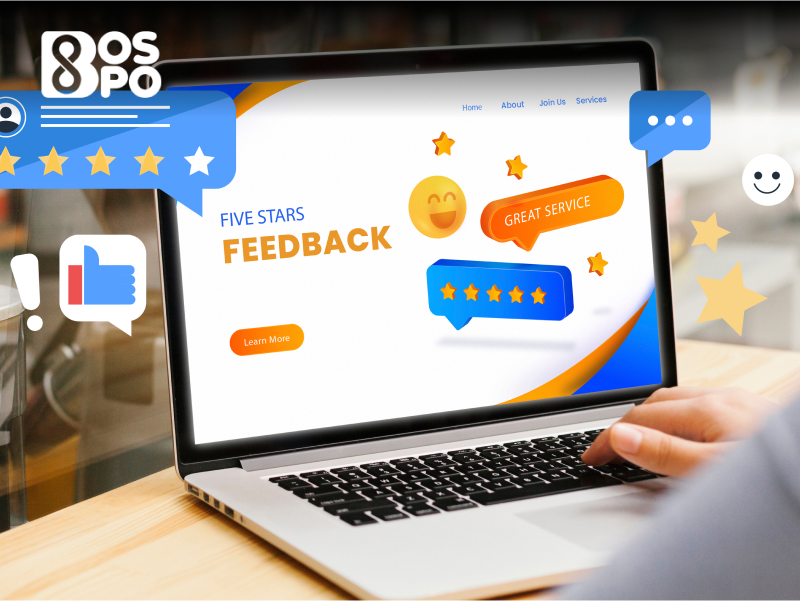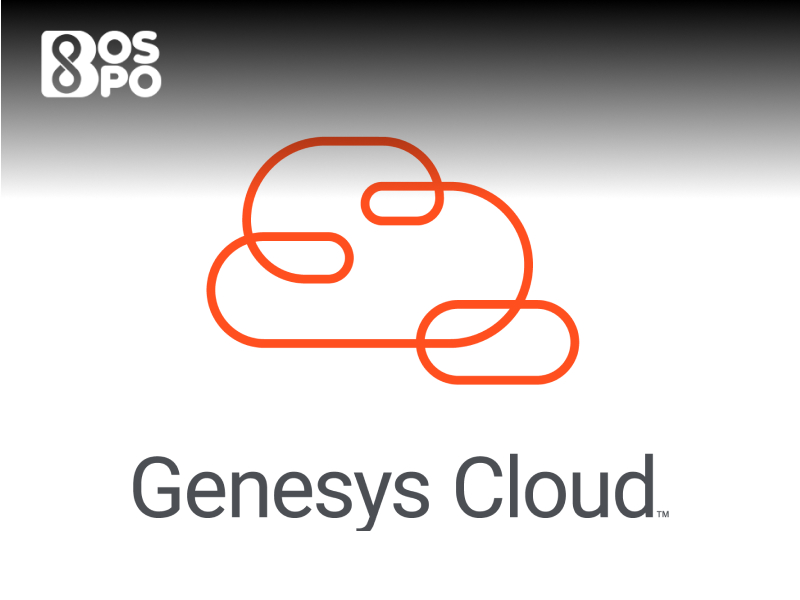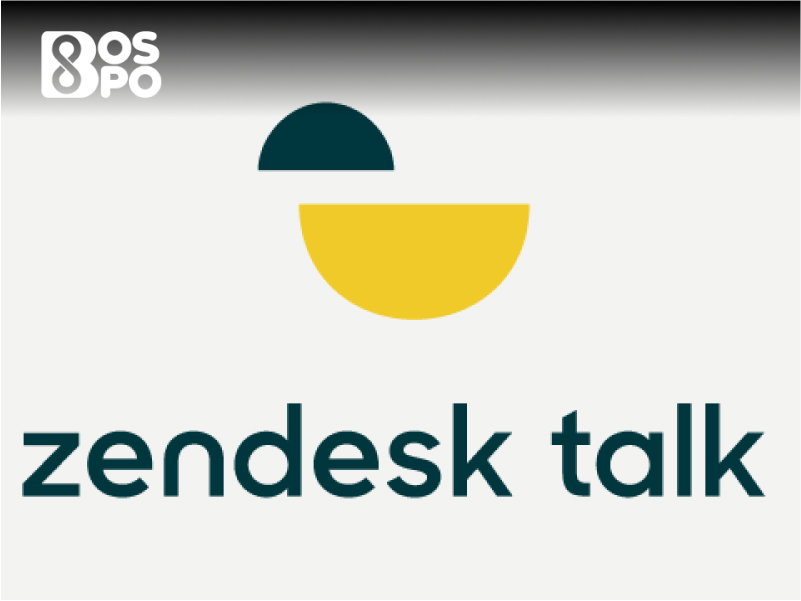Introduction
In the industry of Business Process Outsourcing (BPO). Analysis of employee performance is very important. It ensures productivity, efficiency, and quality in service delivery. BPOs trust some measurement strategies. That analyzes their workforce’s skills. They also ensure continuous improvement. Here we will discuss some of these strategies. We will also see how a deep understanding of key metrics can help BPOs. BPO businesses can revamp their operational capabilities. They can do so by making use of performance management systems. They also need to implement best practices to monitor employee performance.
Unlocking BPO Potential through Performance Measurement
The BPO industry commands respect. This is clear from call center agents, who engage in calls and churn data for clients. As firms rely on offshore workers for important tasks, they must evaluate their work. Anyway, it is hard to know if your team is on target or out of it.
For BPO services tracking worker performance is like a bearing in an abyss. It shows the focus. One can assess a team’s performance by measuring its metrics. These include productivity, efficiency, and quality. This shows how well the team meets client demands.
BPOs can assess employee performance with the right tools and techniques. This can benefit them in big ways. They need to focus on all the actionable aspects of their employees’ performance. Discover their high achievers and analyze growth opportunities. This can maximize their overall productivity and minimize obstacles.
Performance Measurement Metrics that can bring a change.
The success of a BPO firm relies on the performance of its frontline workers. Metrics like average handling time and customer satisfaction can show areas to improve. How many inquiries are resolved on the first call also matters.
We evaluate BPO employees on three aspects: customer service, errors, and schedules. These three aspects give a snapshot of the employee’s performance. They highlight areas that need improvement. We also learn about any concerns regarding the individual through them.
Setting Key performance goals
Key performance goals and KPIs are vital for a BPO’s success. They guide the business. A clear vision of goals empowers employees. They work better, boosting the business’s success.

KPIs are key performance indicators. They are measurements that gauge BPO employee’s success in achieving their targets. For instance, if there is a BPO that offers customer support, its KPI must have an average call handling time. It should also have FCR and customer satisfaction score as its evaluator.
Regular monitoring and reviewing
Evaluation of employee performance is not something that is done one time only. It is an ongoing process that needs regular reviews and feedback. Data-driven facts prove to be very important in guiding employees in the right direction. Performance indicators like turnaround times and accuracy rates are extremely important
Regular monitoring of these elements helps BPO services maintain consistent service levels.
Regular Feedbacks
To grow, BPO businesses must hold regular performance reviews. Employees feel motivated when they get regular reviews and feedback about their performance.

These performance reviews must also include feedback from supervisors, peers, and clients. They offer an opportunity to recognize high performers. They also help detect if there is a need for any extra training. This can address any challenge that may be up ahead affecting productivity.
Involving BPO employees in goal setting can boost their engagement. They will better understand the goals.
BPO services like BOSSBPO Agency take great benefits from conducting regular feedback sessions. Their managers evaluate soft skills of their employees. This includes communication, problem-solving, and adaptability to situations. They judge how their employees respond on the chance when they are in direct contact with the clients. This helps nurture a positive work culture.
The use of technology to track performance.
We live in an age where technology is our ally in about everything. Modern businesses have automated dashboards and real-time monitoring tools. They are a big advantage. making use of technology helps BPOs organize and stay vigilant. Performance dashboards are one of the key tools that track employee performance immaculately. They integrate data analytics in the monitoring process. This can help in evaluating how well an employee understood and followed the set KPIs.
For businesses like BOSBPO Agency, these dashboards help managers find early signs of problems and progress. They make changes in their strategies accordingly. This ensures a smooth workflow without any hindrances. Advanced analytics also give details about how an employee works. Data-driven facts help businesses to take decisions in the right direction.
Performance dashboards also give transparent and bias-less facts. Employees are only accountable for things that they do. In a competitive environment, this is necessary so that no one can take benefit out of someone else’s fall. This also motivates employees to work on making their analytics strong.
Monitor Customer Feedback and Complaints
There is no better indicator of how good an employee is than customer feedback. How your employee connects and interacts with your clients is all that matters. Careful tracking of customer feedback can help find your best employees. Negative feedback can help you rectify the exact causes of issues. This loop of feedback lets BPO workers adapt and refine their approach.

Conclusion
Monitoring employees’ performance regularly not only brings about service improvement. It also creates a strong, efficient workforce. This supports the goals of the outsourcing relationship. With some careful strategies, you may evaluate your company’s gems.
Read Also: How to Run an Outsourcing Business with Little Budget
FAQs
Q1) Which factors should be used in rating BPO employee performance?
Some important measurements for contact center efficiency are AHT (average handling time), FCR (first call resolution), customer satisfaction rates, number of accurate responses, and meeting scheduled timeframes. They assist in assessing efficiency, effectiveness, and quality of work done.
Q2) How frequently should industrial passenger transit be updated?
It is recommended that the performance of the BPO employees must be assessed periodically; at least monthly and or quarterly. They include constant supervision of service delivery with feedback to ensure consistent quality and help in dealing with possible problems.
Q3) In what ways can technology help manage the performance of BPO employees?
Performance dashboards and real-time monitoring tools can allow one to monitor KPIs, get informed and realize there is progress or otherwise problems are emerging. This means there is desired adaptability and refined decision-making since adjustments can be made in the course of its use.
Q4) Where does customer feedback fit in the appraisal of BPO employee performance?
This means that where customer feedback is gathered, it becomes a good measure of the level of performance of the employees in delivering their duties especially as it relates to customers. Positive feedback you get upon trips recognize the best performers while negative feedback is useful in pointing out areas of weaknesses.





